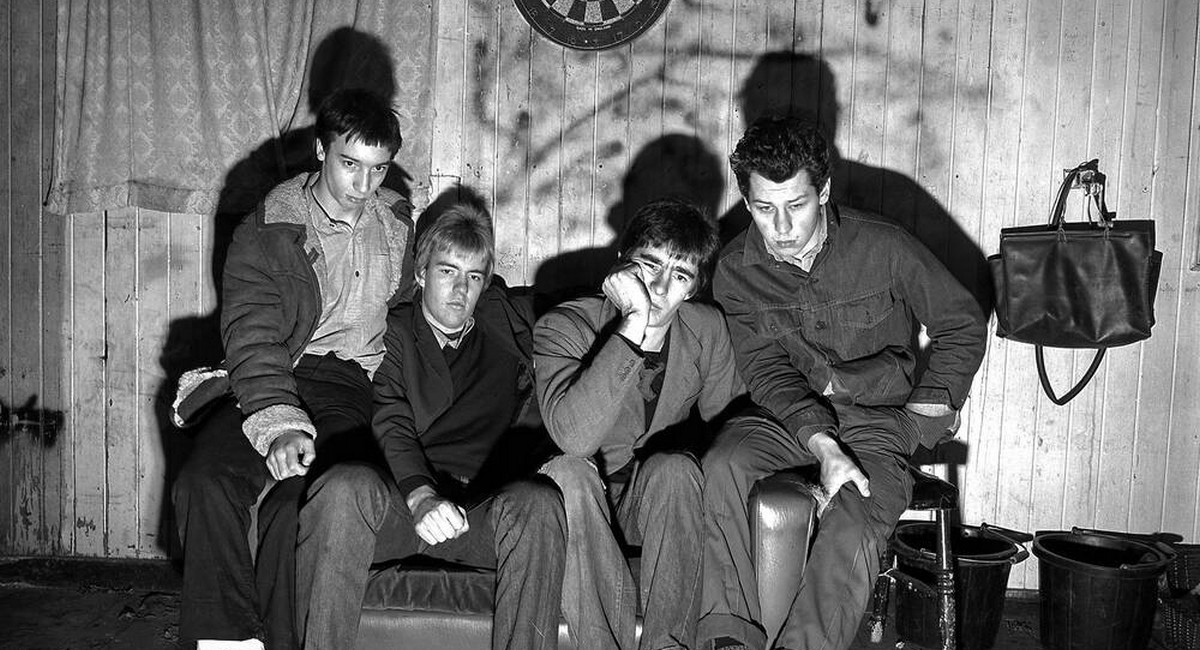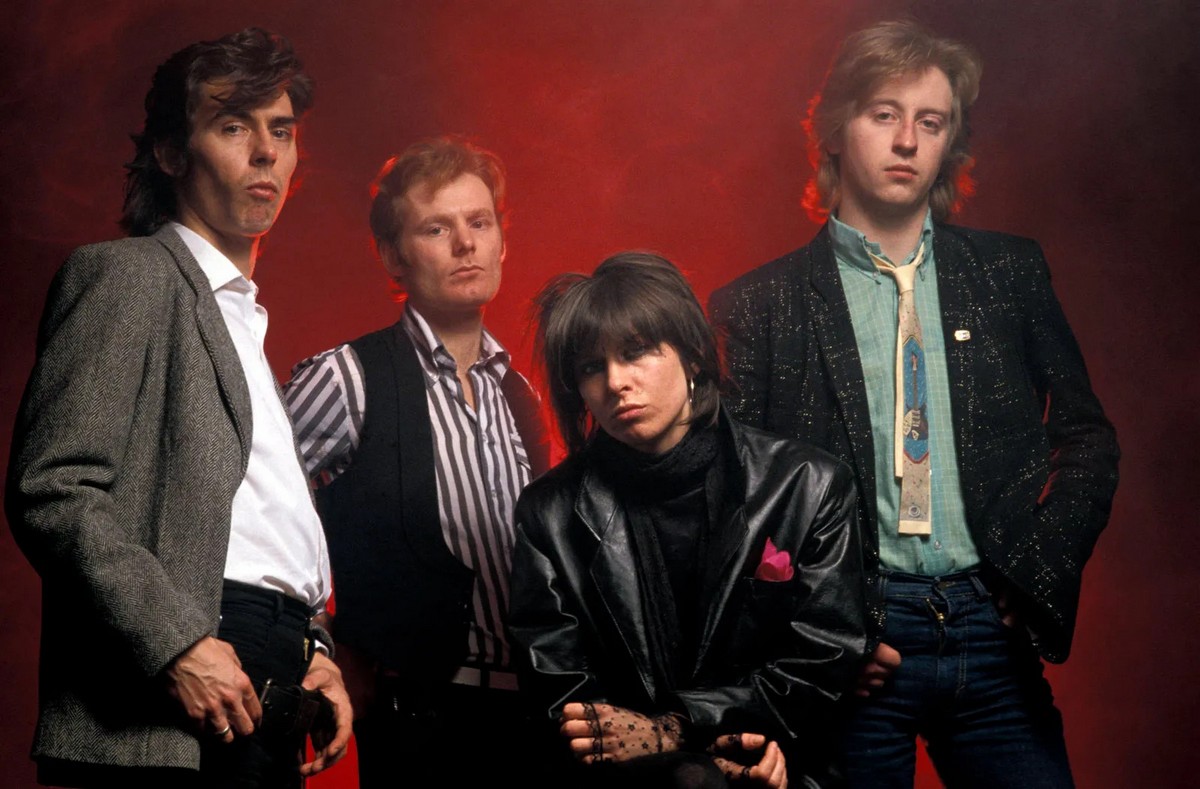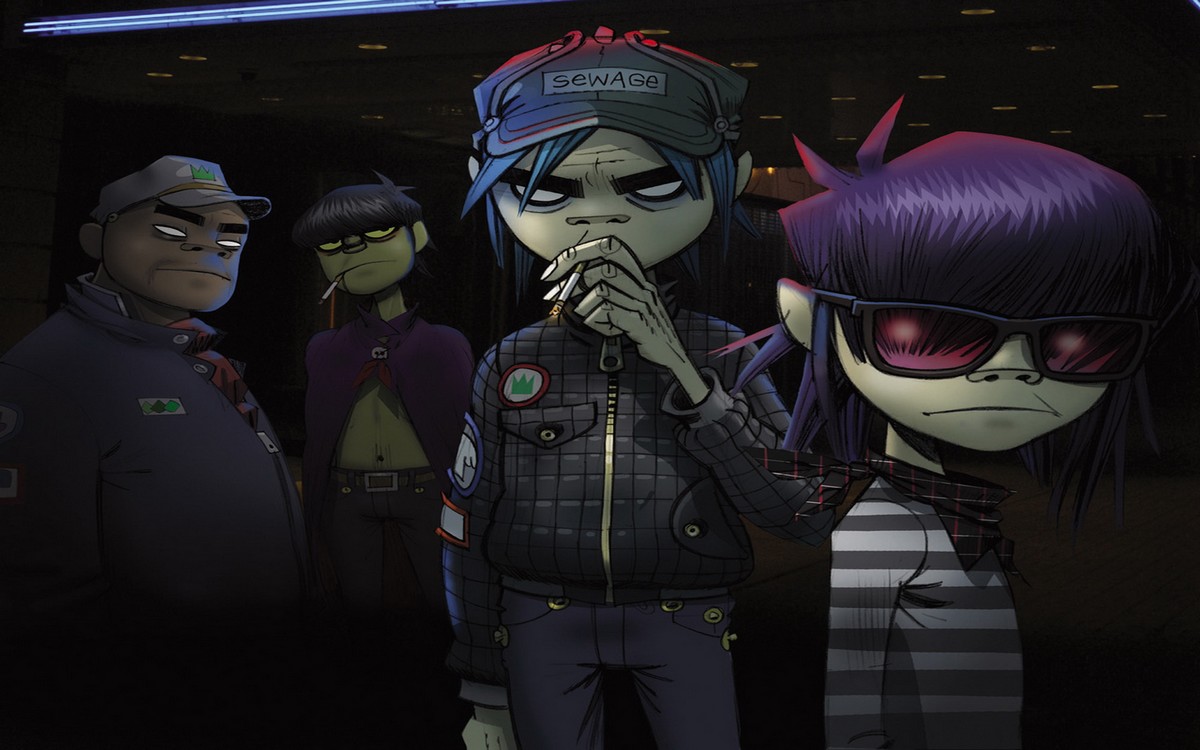Anxiety dressed as pop
The beginning twitches. nervous twitch. A guitar that keeps trying to settle but can’t quite decide where to land. From Devo’s 1978 debut Q: Are We Not Men? A: We Are Devo!, one circles you warily, like a robot attempting to comprehend human emotion before concluding it doesn’t like what it sees. It then charges unexpectantly, and you are completely addicted.
Devo differed from the others. Devo were writing the rulebook in binary as punk bands set it on fire. Emerging in yellow hazmat suits and flowerpot hats from Akron, Ohio—not exactly a pop rebellion center—they said society had “de-evolved.” And Gut Feeling somehow perfectly captures that viewpoint. Beginning almost surfy and erratic, almost playful, Mark Mothersbaugh’s disaffected voice descends in to deliver a monologue on intuition, disillusion, and the creeping understanding that something, everything, is off.
The way this song creates suspense without ever offering you a traditional payoff makes it so successful. There is neither a soaring chorus nor a hand-holding conclusion. Simply layers of rhythmic discordance, repetition, and that ever more agitated bassline push the entire thing along like a conveyer belt one cannot dismount. Devo are the ones pulling the levers; you are caught in the machine.
There’s not an ounce of feeling anywhere, and the only commitment is to the distancing aesthetic ofthe put-on.
(Tom Carson, Rolling Stone, 1978)
Gut Feeling, created by Brian Eno, who deftly recognized brilliance where others saw craziness, is one component of a bigger initiative: the sound of anxiety being treated via synthesisers and metropolitan paranoia. I flinched, smirked, and glitched. And in doing so, they produced something far more disturbing: music that reflected not rebellion but collapse. Corrosion not fire.
You are no longer listening by the time the song smoothly transforms into a jarring, nearly dadaist thrash called “Slap Your Mammy”. You are going through something. Like falling into a pit you assumed was just a puddle, it’s a slide into nonsense that feels somehow unavoidable. And that’s Devo’s genius: they show how ridiculous pop norms were in the first place as they challenge them.
Gut Feeling did not reach the top of the charts. It didn’t need to. Among those who felt the fissures beneath the surface but lacked words, it spread like a disease. Devo gave them sound instead. And all these years afterward, that jittery guitar still rings like a warning: trust your instincts, even if they warn us we’re all heading in the wrong direction.





